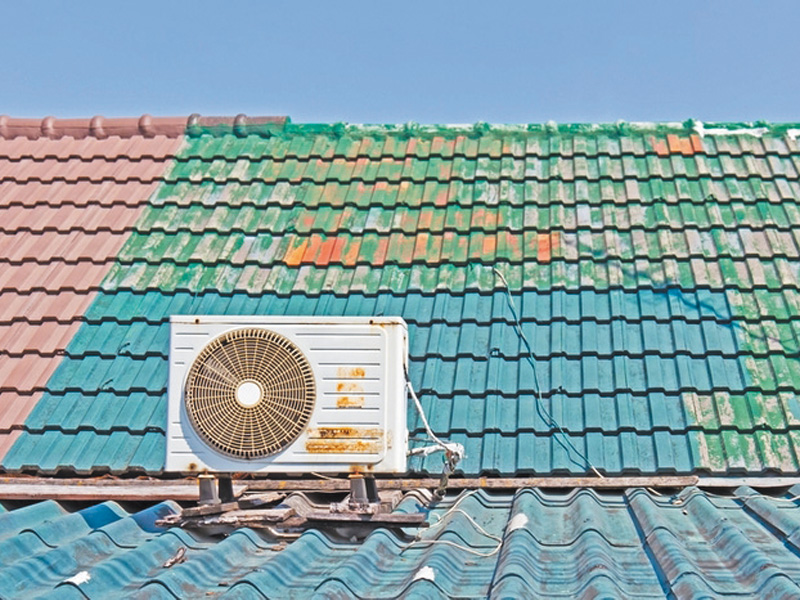
The adoption ratio of switching to Heating, Ventilation, Air Conditioning and Refrigeration (HVACR) Systems from conventional air conditioning in Pakistan is picking up momentum, creating opportunities for local companies like Nucon Engineering.
Though a large number of Pakistanis, especially in the domestic, commercial and semi commercial sector are still unaware of HVACR technology, the corporate and private sector of Pakistan is swiftly shifting, presenting a positive scope of this technology to this small company.
“We have been in this business [in Pakistan] for barely two-and-a-half years, and we are almost above all our targets. The adoption level for this technology at large scale is excellent”, said Abu Zafar Mahmud, Chief Operating Officer, Nucon Engineering in an interview with The Express Tribune.

Nucon Engineering is a sole distributor of Carrier, an American brand, and Toshiba, a Japanese one, in Pakistan for selling HVAC equipment. The company started its operations in August 2011 by securing dealership from Toshiba-Carrier Corporation. Before this, Nucon Engineering was in the engineering business since 1980, and its trained manpower, infrastructure and technical facilities helped them secure the dealership’s business.
The company’s initiative was well received by the corporate sector. “We have over 74 industrial clients using our expertise to replace conventional air-conditioning units. The adoption ratio in this sector is almost 90%, and our core concentration these days is on this sector,” Mahmud said.
Unfortunately at the domestic, commercial and semi-commercial level, the adoption ratio is poor. This is mainly due to the high initial cost, which according to Mahmud, is 10%-20% higher than the conventional R-22 air conditioners. The company offers air-conditioning solutions from 0.5 tons to 1,200 tons. The company claims that these units save up to 50% more energy than conventional air conditioners.
The company at this level is importing complete units of all ranges. The company has an up to date and trained after-sales services staff and workshops for after-sales services in Lahore, Karachi and Islamabad.
The company is planning to build a factory in Sundar Industrial Estate Lahore by next year for trial production of green refrigerants for smaller units, for which the company is investing Rs50 million. Equipment and related machinery will be provided by TCC.
“We can only experiment production for small scale and for higher units we continue to import complete units as in Pakistan it would be hard to maintain the Standard Operating Procedures of the TCC”, he added.
With a possible ban on conventional R-22 air conditioning systems in 2015 by the European Union, the developed world has already shifted to R-430, R-431 and R124, the energy efficient and green refrigerant technology. In Pakistan, all factories, according to Mahmud, are designed to assemble R-22, which is mainly due to the government policy.
“Out of 450,000 AC units produced last year, 95% were locally assembled where as 5% were imported under HVAC technology,” he added.
Published in The Express Tribune, January 24th, 2014.
Like Business on Facebook, follow @TribuneBiz on Twitter to stay informed and join in the conversation.





1719053250-0/BeFunky-collage-(5)1719053250-0-270x192.webp)












COMMENTS
Comments are moderated and generally will be posted if they are on-topic and not abusive.
For more information, please see our Comments FAQ